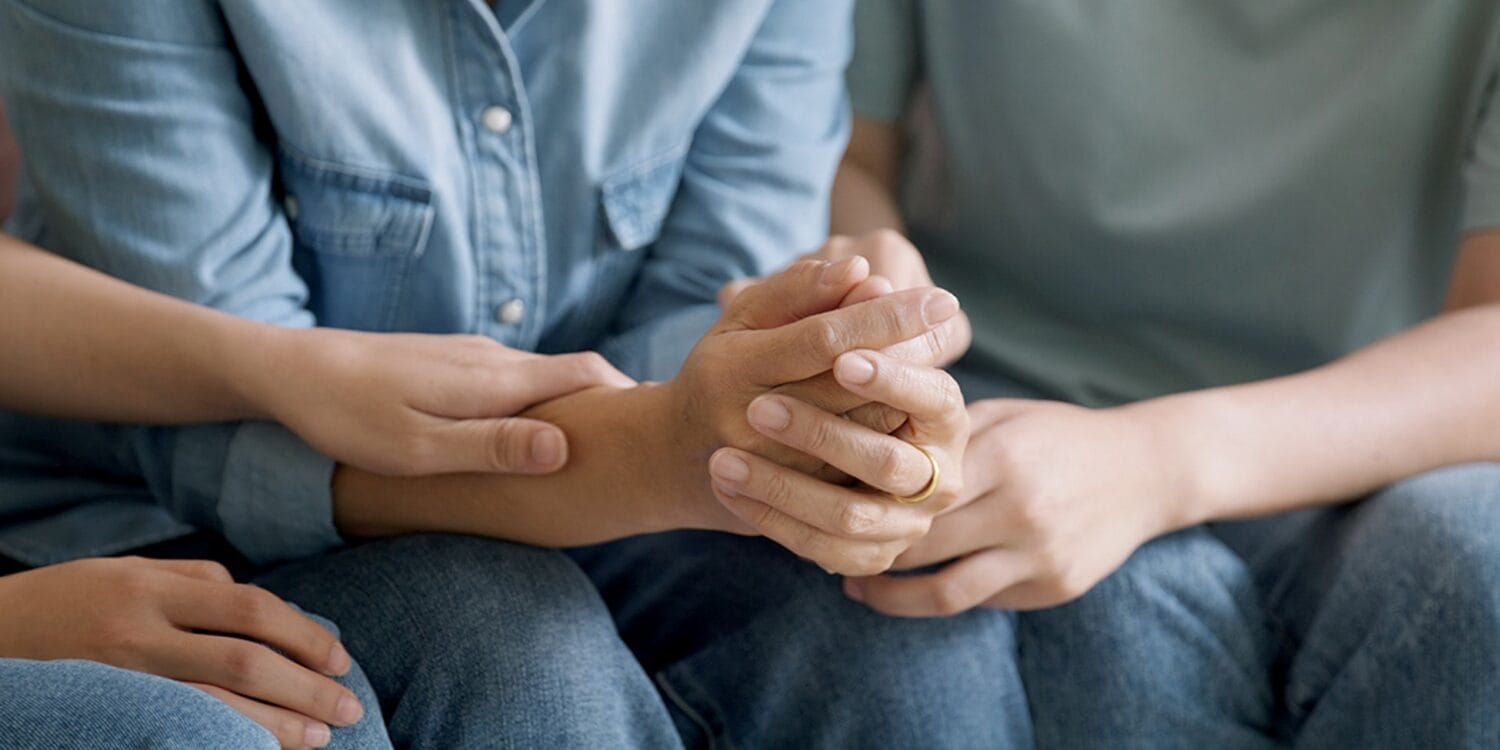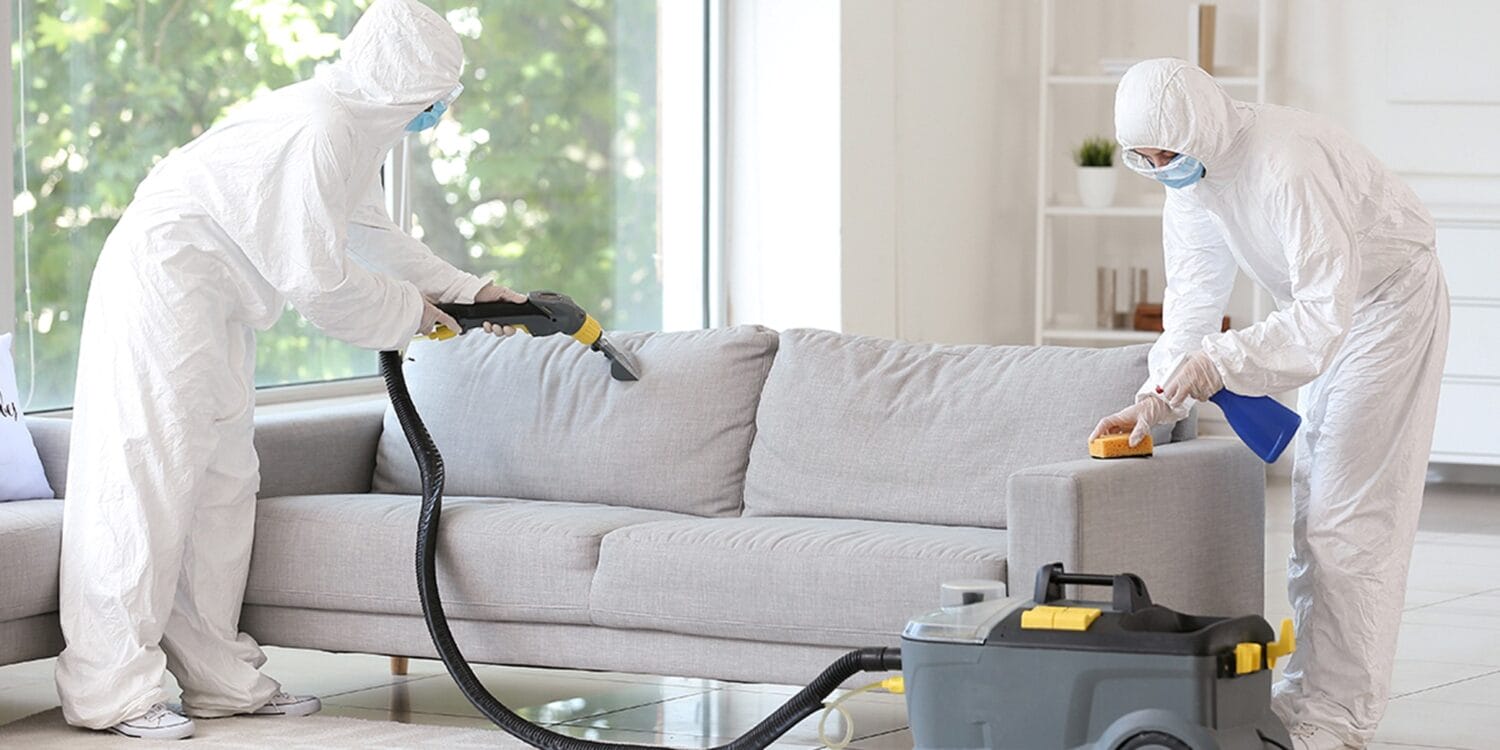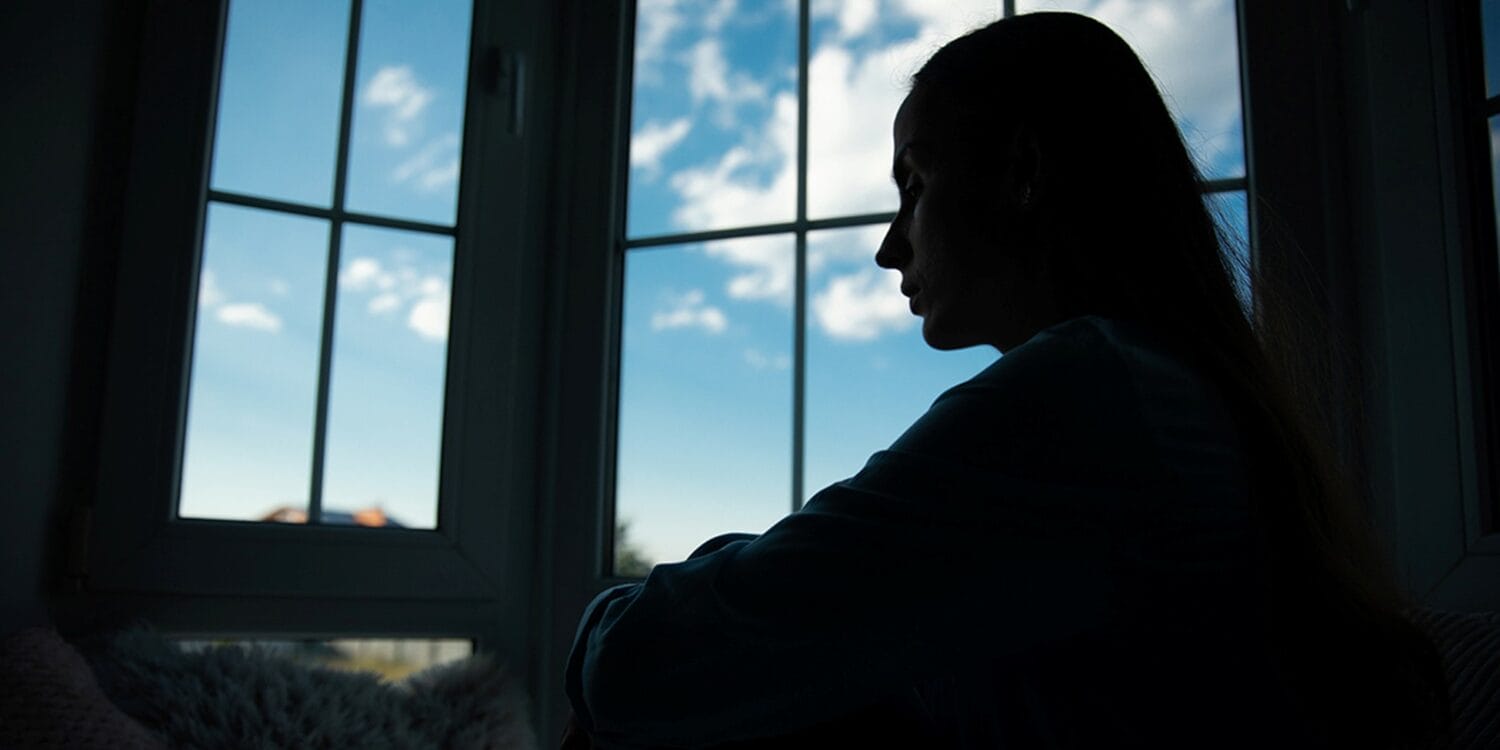
Losing a loved one is always hard. But when someone passes away alone, it brings extra challenges. Families must handle their grief and difficult decisions about what comes next.
An unattended death—when someone dies without anyone around—can go unnoticed for days or even weeks. This guide will help you understand the risks, the cleanup process, and the emotional steps after such a loss.
When someone passes away alone, several things can happen:

When a body decomposes, it releases fluids, bacteria, and gases that can spread disease and damage property. Here’s what families should know:
These risks make professional cleanup a must.
Many people think they can clean up an unattended death themselves. But this is not only dangerous—it can make the situation worse.

Hiring a professional Bio-One team helps protect your health, your home, and your well-being. Here’s what they do:

Grief after an unattended death is different. You may feel shock, guilt, or regret. Healing takes time, but these steps can help:
An unattended death can be devastating, but families don’t have to face it alone. Bio-One can restore the space, while grief counselors and support groups can help with emotional healing.
With time, care, and the proper support, families can begin to heal and move forward while honoring their loved one’s memory.
What is an unattended death?
An unattended death is when someone dies without anyone around—it can go unnoticed for days or even weeks.
Why is professional cleanup necessary after an unattended death?
Professional cleanup is essential due to the health risks posed by biohazards, such as bodily fluids and decomposition, which can carry harmful pathogens and contaminate the environment.
What are the health risks associated with an unattended death?
Health risks include exposure to bacteria, bodily fluids, gases, and airborne pathogens, which can lead to infections and other serious health issues if improperly handled.
What property damage can result from an unattended death?
Property damage may include stains and corrosion from bodily fluids, mold, mildew growth, structural damage to floors and walls, and contamination of personal belongings.
Can families attempt to clean up after an unattended death themselves?
It is strongly discouraged. Decomposing bodies poses biohazard risks, and improper cleanup can lead to further contamination and health issues. Certified professionals use their training to handle such situations safely and legally.
How do professional cleanup services handle the biohazards after an unattended death?
Cleanup services use specialized equipment, EPA-approved disinfectants, and personal protective equipment (PPE) to safely remove biohazardous materials and sanitize the affected area.
What steps should families take immediately after discovering an unattended death?
Families should contact local authorities, avoid attempting to clean the area themselves and seek assistance from professional biohazard cleanup services.
How can families cope with the emotional trauma of an unattended death?
Families can seek grief counseling, join support groups, and memorialize their loved one through tributes and ceremonies to help process the loss and begin healing.
How does the cleanup process help families move forward?
By handling the physical cleanup, professionals relieve families of the emotional burden of dealing with biohazards, allowing them to focus on emotional healing and recovery.
What additional support do professional cleanup services provide after an unattended death?
In addition to cleanup, many services offer assistance with insurance claims, provide grief counseling referrals, and help guide families through the emotional and practical challenges of



